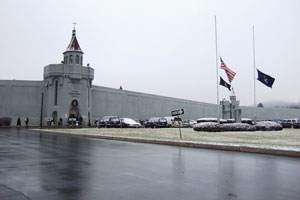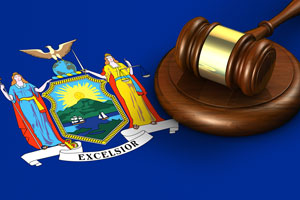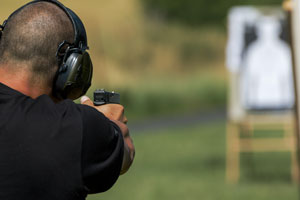An attorney for the Salvation Army has attacked the credibility of a retail management expert who testified that Salvation Army executives failed in their duty to protect the employees and shoppers who were killed in the 2013 collapse of a building in Center City Philadelphia.
Center City Building Collapse
On June 5, 2013, a building in Center City, Philadelphia was being demolished. During the demolition, an unbraced stone wall that was three- to four-stories high collapsed and crushed the Salvation Army thrift store that was located next to it. The collapse killed six people and injured 13 people, one of whom died 23 days later.
The man who was operating the excavator, Sean Benschop, and the general contractor, Griffin Campbell, were prosecuted for the deaths. Benschop pleaded guilty to six counts of manslaughter and other charges and was sentenced to 7.5 to 15 years in prison. Campbell was found guilty of involuntary manslaughter by a jury and was sentenced to 15 to 30 years in prison for his role in the catastrophe.
Civil suits were filed against the Salvation Army, the New York real estate investor Richard Basciano and his company STB, the architect, the contractor Campbell, and the excavator Benschop.
Expert Witness Robert Bartlett
In the consolidated civil suit, expert witness Robert Bartlett testified that the conduct of the Salvation Army officials was a “major management failure,” including hiring an architect but never sending him to the store to investigate what was actually happening. Bartlett argued that the Salvation Army officials failed by keeping their store open during the demolition of the building that was next door, without letting its managers, employees or customers know about the danger.
Robert Bartlett is a retail management consultant with over 25 years experience in the field. He runs Bartlett Joseph Associates, a retail industry management consultancy firm. His company focuses on business strategy, organization and management. It provides a broad range of product design and marketing services and has undertaken due diligence reviews of companies on behalf of investors and banks. Bartlett Joseph Associates’ extensive client list includes companies such as Bank of America, Banana Republic, Macy’s, Lowes Home Improvement, Williams Sonoma Target, and Wal-Mart. Robert Bartlett has provided expert testimony as a retail expert in dozens of cases, providing expert testimony on issues including vendor agreements, contracts, store leases, intellectual property, product dating and pricing, customer service and safety, and technology and brand marketing.
Attacking Bartlett’s Credibility
An attorney for the Salvation Army, John J. Snyder, confronted Bartlett with copies of emails that were sent and received between May 10, 2013 and May 15, 2013. The emails were between the Salvation Army and STB Investments Corp., the owner of the four-story building that crushed the Salvation Army store. Snyder argued that this chain of emails show that the Salvation Army was in communication with the STB Property Manager and was actively working to ensure the safety of its store, workers, and customers.
Snyder also argued that Bartlett is not credible as a witness when he criticizes the performance of Salvation Army officials because his opinions are based upon transcripts of court testimony and pretrial depositions.













